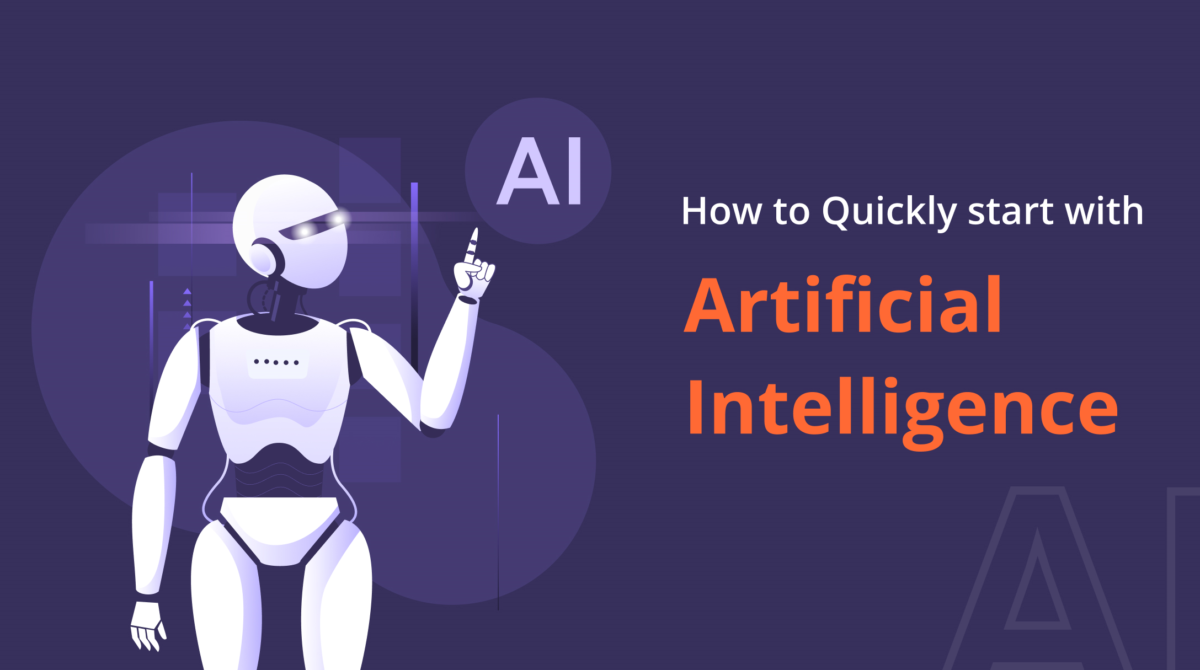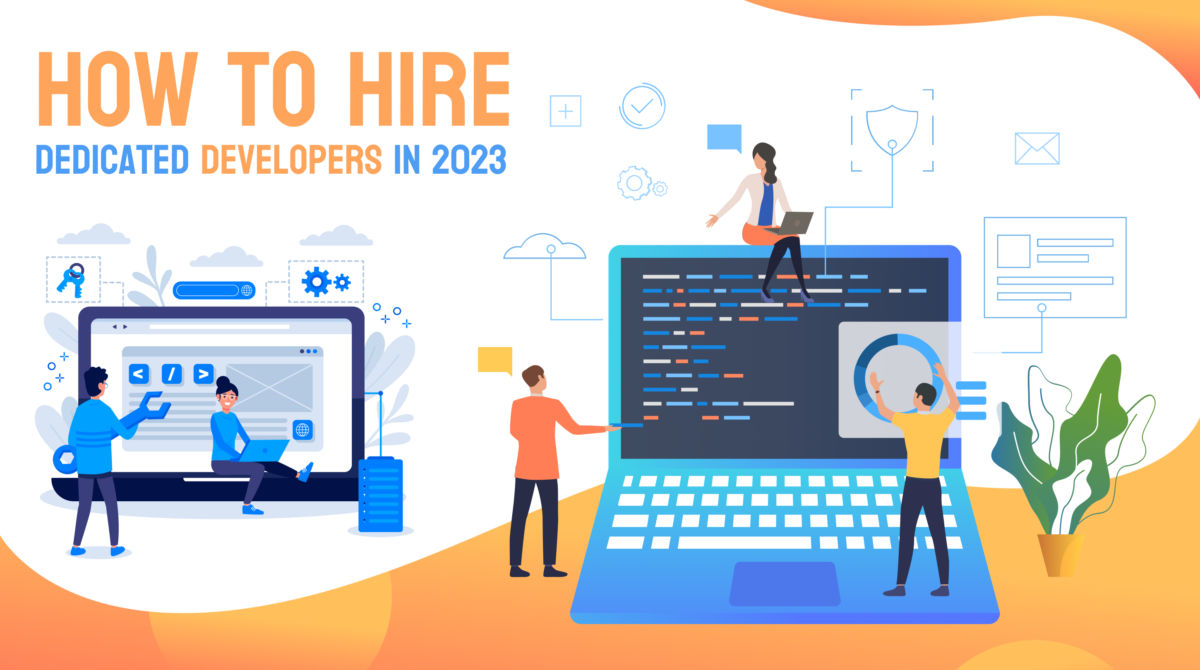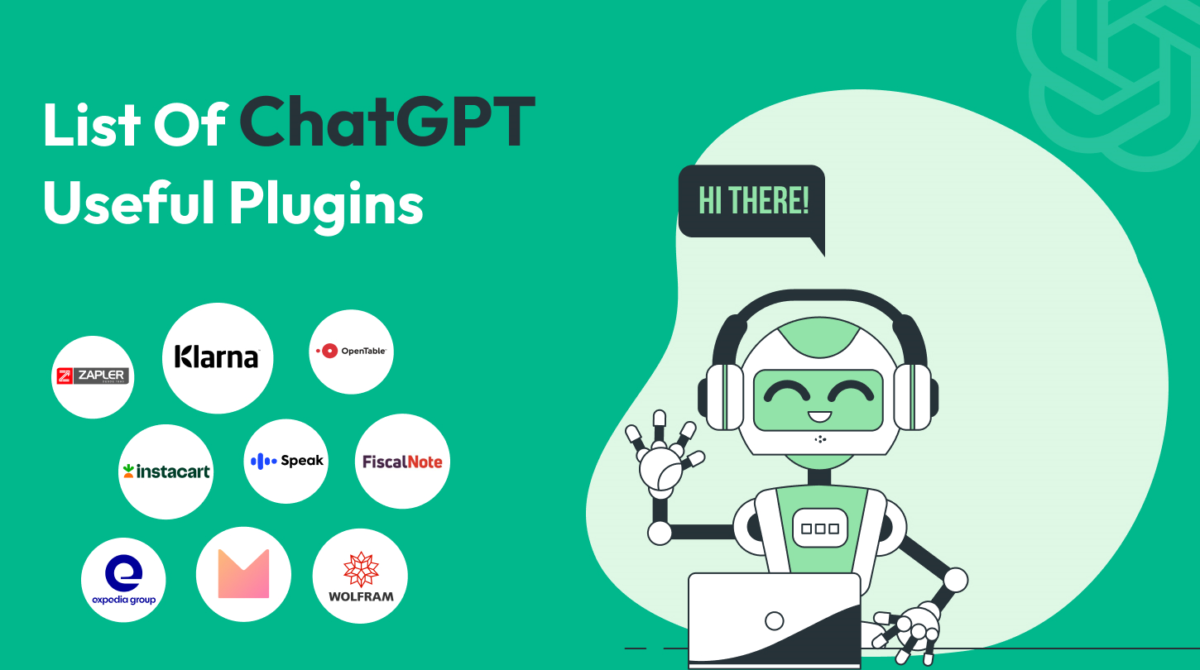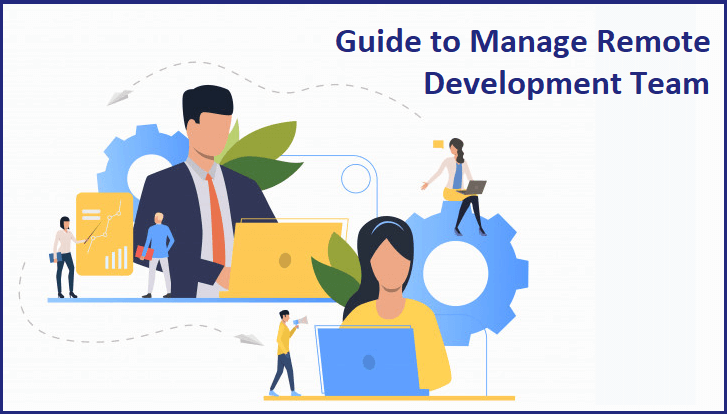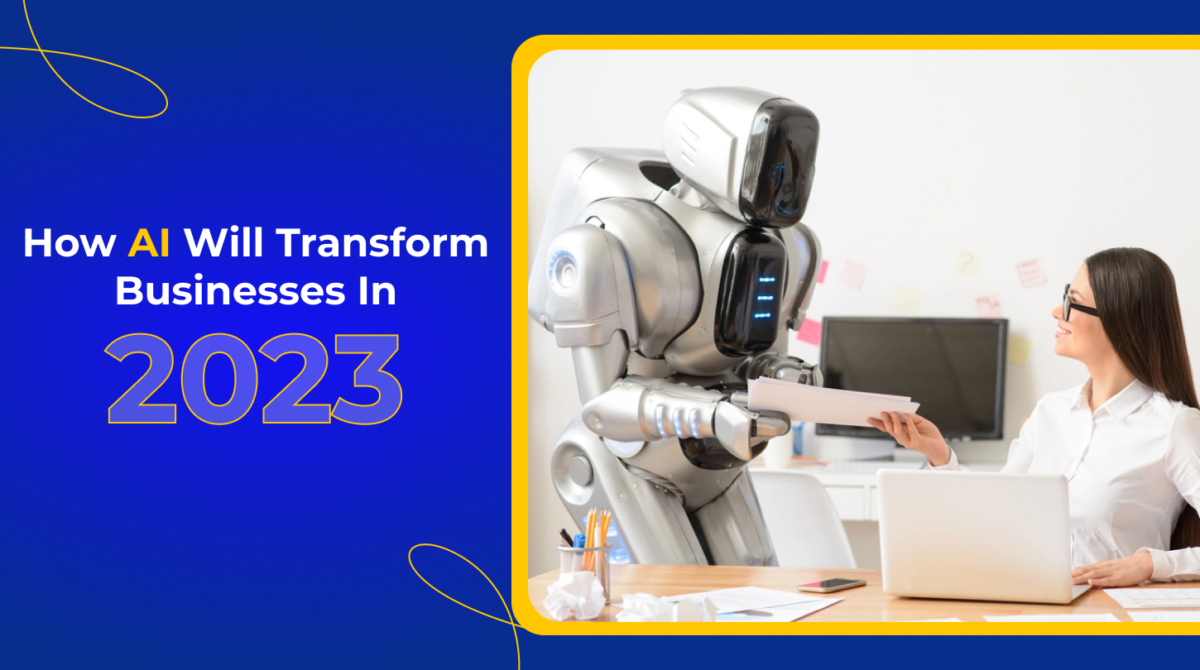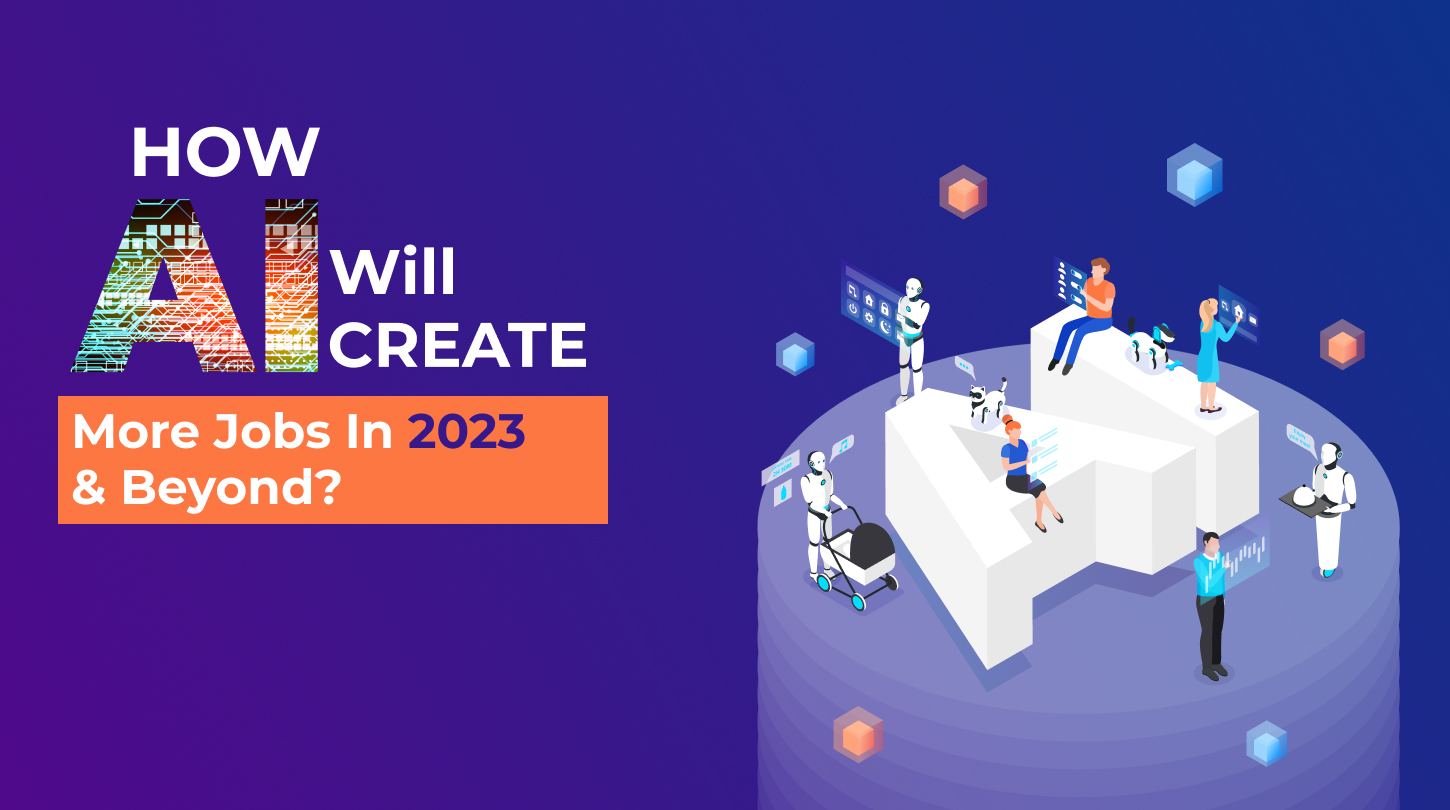
How AI Will Create More Jobs In 2023 & Beyond
Artificial Intelligence (AI) has emerged as a game-changer in the world of technology, and its impact is felt in many sectors of the economy. While some fear that AI will replace jobs, it is essential to note that it can also create jobs. AI has the potential to enhance productivity, improve efficiency, and drive economic growth. In 2023, AI is expected to create even more jobs as businesses continue to leverage its capabilities.
A recent report suggests that AI technology is expected to create 12 million more jobs than it is expected to replace.
65% of CEO’s predict that AI will have a very positive impact on creating new jobs like when the internet first became widely available. And, there will be a job demand of more than 90 million people in AI-related industries by 2020. This includes:
- AI & Machine learning specialists
- Big data specialists
- Analytics specialists
- Process automation specialists
- Data scientists
- Data engineers
Let’s dive deep in detail:
Top Ways AI will create more jobs in 2023 and beyond.
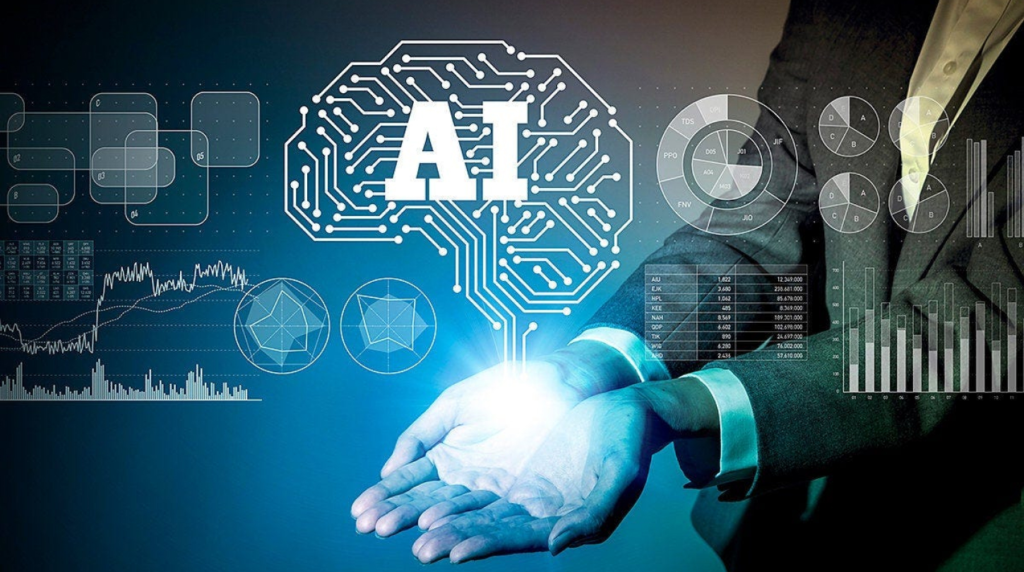
1. Professionals With AI Skills:
AI will drive innovation. AI is a rapidly evolving field that is driving innovation across various industries. As AI continues to advance, there will be a growing demand for professionals with specialized AI-related skills, such as AI software developers, data scientists, and machine learning engineers. These professionals will be focused on developing new AI-based products and services, such as AI product managers and AI innovation strategists for designing, building, and implementing AI systems and applications. Hence, it will create a significant number of new jobs in the industry.
2. AI Will Create New Business Opportunities in Sales & Marketing:
AI can help businesses identify new opportunities for growth and expansion, leading to the creation of new job roles in areas such as business development, marketing, and sales. AI can analyze customer data to identify patterns, preferences, and behaviors, enabling companies to target their marketing and sales efforts more effectively. AI can use customer data to create personalized marketing messages and sales pitches, improving conversion rates and customer satisfaction.
Also, AI can use predictive analytics to score leads based on their likelihood to convert, enabling sales teams to focus their efforts on high-potential leads. This increases the efficiency and effectiveness of sales efforts and leads to higher conversion rates.

3. AI & Customer Service:
AI will play an increasingly important role in customer service, providing companies with the ability to automate routine tasks, such as answering frequently asked questions, while freeing up human agents to focus on more complex issues. AI supports voice recognition technology. AI-powered voice recognition technology can understand and respond to customer inquiries and support requests, enabling customers to interact with customer service via voice commands. This will create a demand for workers who can design, implement, and maintain these AI systems.
Let’s take AI-powered Chatbot as an example here. AI-powered chatbots can provide instant responses to customer inquiries and support requests, reducing response times and improving customer satisfaction. Chatbots can handle routine queries and frequently asked questions, freeing up human customer service representatives to focus on more complex requests. But, this will require a professional to handle the Chatbot system.
4. AI Will Increase Productivity in Manufacturing Field:
In the manufacturing sector, AI can help optimize production processes, reduce waste, and improve quality, leading to more job opportunities in the industry. AI can automate the process of quality control, inspecting products for defects, and identifying potential issues in real-time. This leads to higher product quality and fewer defects, reducing costs associated with scrap and rework. This in turn, increases the demand of process automation specialists.
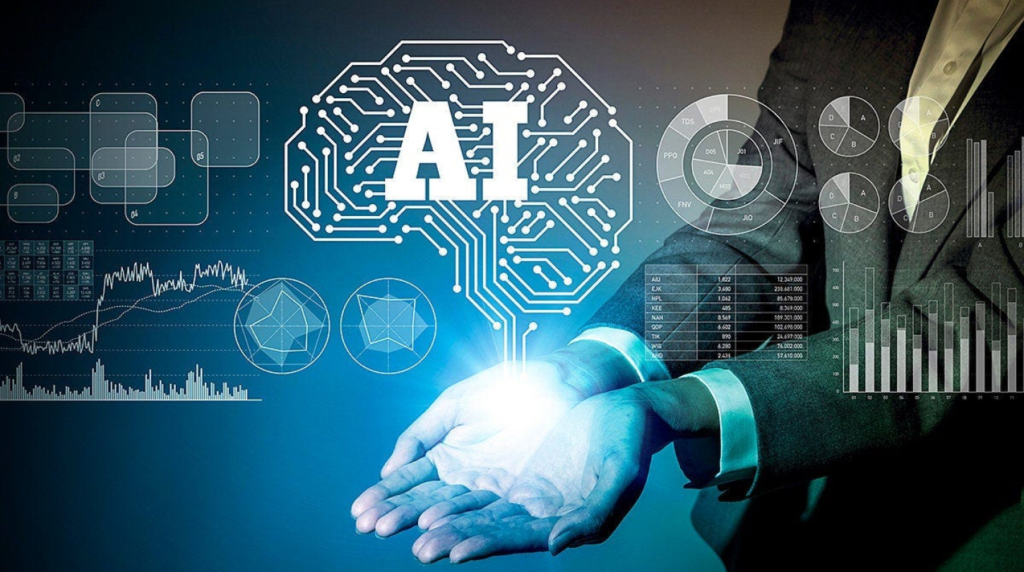
5. AI Software Development & Programming:
AI can generate code based on high-level requirements, reducing the time and effort required to write code from scratch. This enables developers to focus on more complex tasks, while AI generates basic code.
However, AI software development requires skilled professionals to create algorithms and architectures for AI systems. As AI systems become more common in the workplace, there will be a growing need for professionals who can provide support and maintenance for these systems. This will include jobs for AI system administrators, software developers, data scientists, technical support specialists, and data analysts.
Read Also: How to Quickly Start with AI in 2023
6. Security Automation Increases in Cyber Cells:
AI can create jobs in cybersecurity by improving the efficiency and effectiveness of security operations. AI can help identify and respond to threats in real-time, reducing the response time and increasing the efficiency of security operations. This will create jobs for threat hunters, incident responders, and security analysts who can use AI tools to identify and mitigate threats.
Next, AI can automate routine security tasks, freeing up cybersecurity professionals to focus on more complex tasks. This will create jobs for security automation specialists who can design and implement AI-based automation solutions.
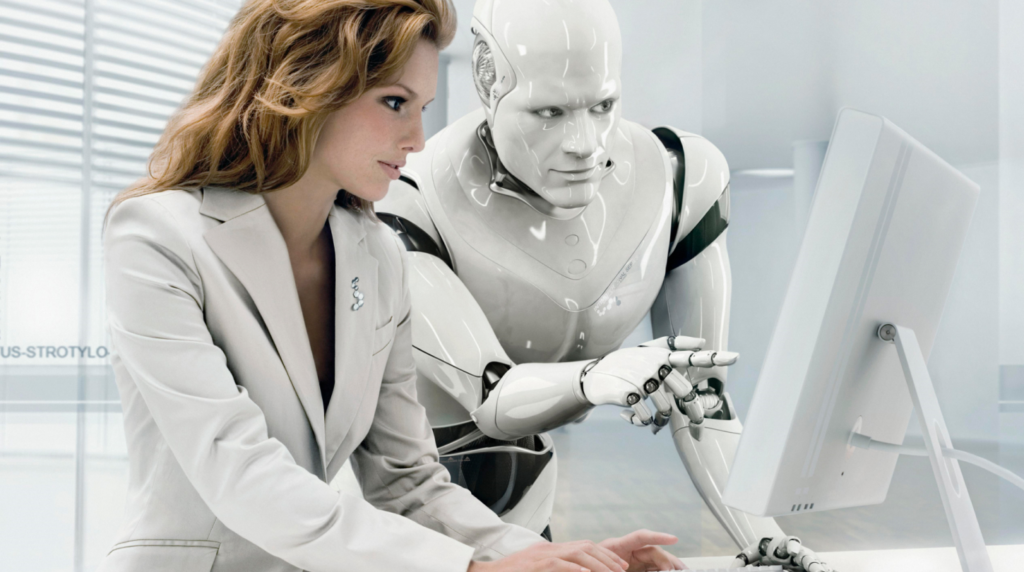
7. Experts with Understanding of Augmented Intelligence:
Augmented Intelligence (AI) is the use of AI to enhance human capabilities, rather than replace them. This means that AI will be used to assist workers in their jobs, making them more efficient and effective. For example, in the healthcare industry, AI can be used to assist doctors in diagnosing and treating patients, allowing them to focus on more complex cases.
In addition, AI can analyze and identify malware in real-time, enabling security professionals to respond quickly and effectively to cyberattacks. This will create jobs for malware analysts who can use AI tools to identify and analyze malware.
8. Advanced Tech Skills in Education Domain:
AI will also create job opportunities in the education sector, where it can be used to personalize learning experiences for students and help educators to identify areas where students need more support. AI-powered education tools can personalize learning, track progress, and provide targeted feedback to students, creating a demand for professionals who can develop and maintain these tools. Additionally, AI can be used to support teachers in their daily tasks, allowing them to focus on teaching and interacting with students.
This raises the demand for teachers with technical skills who can use these technology based tools in teaching and improves the level of education they are imparting to students.
Final Words
In conclusion, AI is poised to create many new jobs in 2023 and beyond. AI has the potential to transform the job market and create new opportunities for employees. Many experts believe that the overall impact of AI on employment will be positive, leading to the creation of more jobs in 2023 and beyond than it displaces.
From AI trainers and ethicists to chatbot designers and cybersecurity analysts, there will be a wide range of opportunities available for professionals with the necessary skills and expertise. As businesses continue to adopt AI technology, these new roles will become increasingly important and the demand for skilled professionals to thrive in the new AI-driven economy will only continue to grow in 2023 and beyond.

If you are looking for an AI development company, get in touch with us. We have an expert AI development team offering AI development services.

